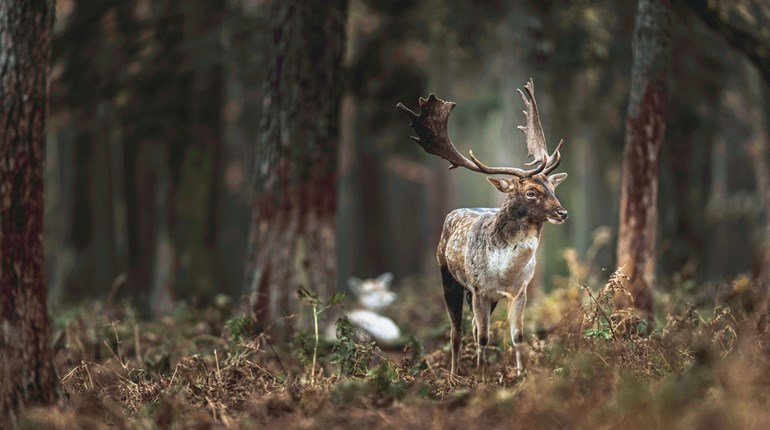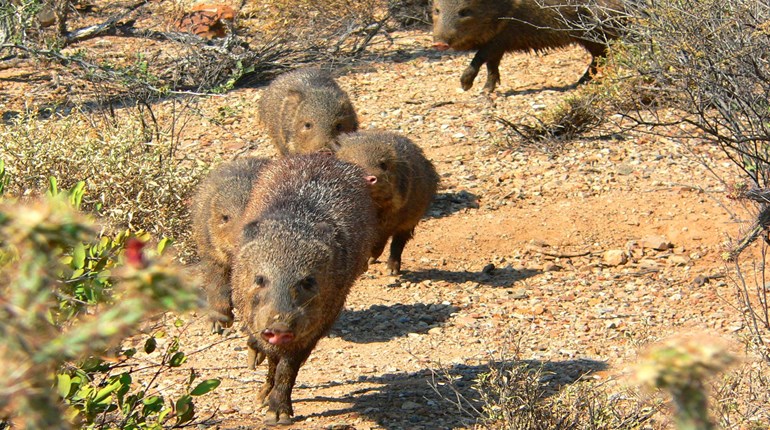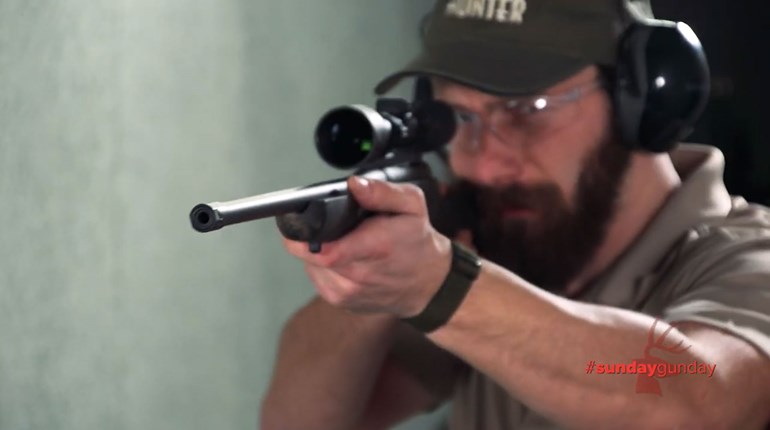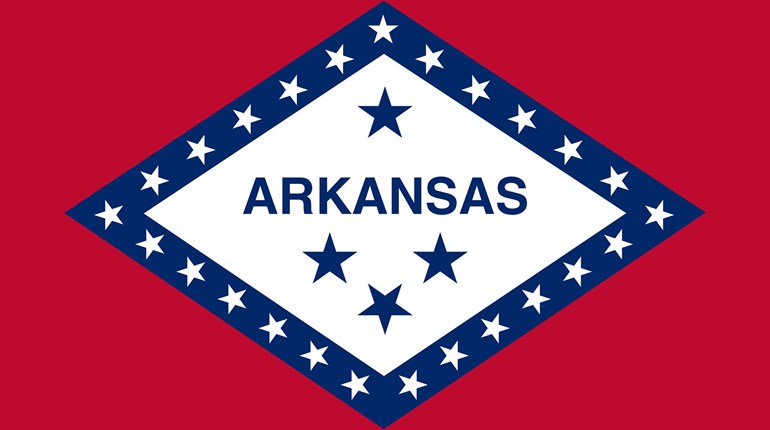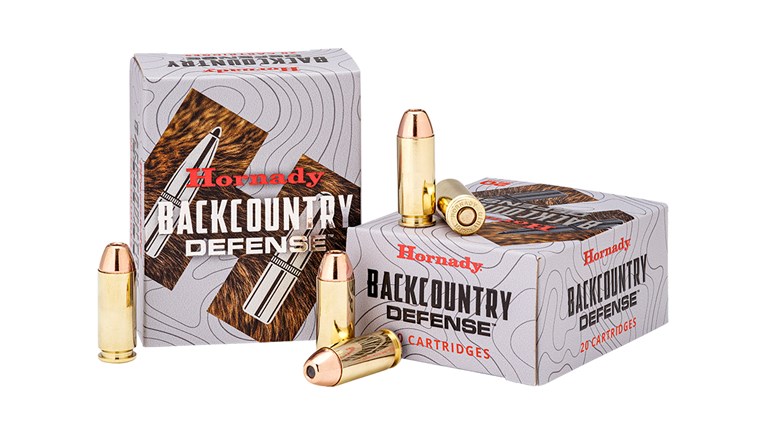
I’m going to describe to you a feeling. You’ll know the one. If you’ve never experienced it, well, it’s only a matter of time. It’s a feeling of utter relief. Blissful calm after a farm-ripping, EF-5 twister has just ravaged your life. It’s the feeling of reaching that brilliant, warming light at the end of a seemingly endless tunnel of torment and agony. Pure emotion, knowing the pain is over and things are finally going to be okay. Whatever you call it, I was feeling it.
I was about in tears—tears of joy, of course—and had I not been walking down the aisle of the Latam Airways jet, finally bound for Córdoba, Argentina, strangers on all sides, I’m almost sure I’d have wiped a drop or two from my cheeks. My travel ordeal was nearing its euphoric end. No more flight delays, no more Miami nights in too-soft hotel beds and no more deli-counter airport food. In a matter of hours, I’d be hunting red stag in a setting I’d only heard about second-hand. Mindful that every movement brought me closer, I stuffed my backpack in the overhead compartment, sat down in the aisle seat, took a deep breath and started the process of erasing the last 24 hours from memory. If I could sleep—and I needed to—I’d wake as if it was all just one bad dream. If only.
“Wonatan Drapper.”
I almost didn’t notice it.
“Wonatan Drapper, plass com to the front of the plan.” The crackling voice was coming from the intercom.
Wait…that sounded like “Draper.”
I opened my eyes to see an individual in a green uniform making his way down the aisle, clipboard in hand. Is that a pistol on his belt?
He was glancing at the paper, then seat numbers, then back to the paper.
“Jonatan Draper, please come to the front of the plane.”
I definitely heard it that time. My name, over the intercom, poorly spoken, but my name nonetheless. I locked eyes with the clipboard-wielding man, confirming the presence of a black semi-auto on his hip as I did so. Let me tell you about a different feeling now. I raised my trembling hand as every ounce of euphoria was replaced with panic, coursing through my body as if injected intravenously.
“Get your bags. Come with me.”
The stern, no-nonsense look on his face made one thing vividly clear: I was not receiving an upgrade to first class.
■ ■ ■
“Jon.” This time my name was spoken with a mere hint of South American roll. “I’m going to make you a special gin and tonic.”
Well who doesn’t like that?
“If you don’t like it, I can make you a standard one.”

This was shaping up to be my kind of afternoon. Jesus Careaga was, among other things, a trained mixologist, and based on the custom concoction with hints of things I could never describe, he was a damned good one. Aside from pouring drinks for the likes of myself and the rest of the thirsty group of writers, Jesus’ job was host, hunt coordinator, translator and general procurer of smiles at Parque Rincón de Luna. Located just southwest of Córdoba, Parque Rincón de Luna is a beautiful hunting outfit covering thousands of acres of land seemingly cut right out of a Tolkien novel. They call it the Calamuchita Valley, and beyond the high hills to the west, the mountain peaks drop off into the lowlands, where hunters venture to shoot doves in an aerial spectacle that rivals none other. But here, on the east side of the mountains, where the yellow hills of grass crack and split with dark granite protruding from underneath like ancient scars, it is almost entirely void of trees, and birds of any kind seem rather absent. No, this land teams with four-legged beasts, non-native horned game that have earned a living outrunning the puma that lurk within the dark crags and cliffs. There are also beasts of such size and demeanor that they don’t need to run, as any misinformed puma need only learn once. This land was the stomping ground of water buffalo, black buck, fallow deer, mouflon, multi-horned goats with horns that would make Lucifer jealous, and my target species, red stag.
The drink, a victory glass for landing my first trout via fly rod from the meandering stream just a few hundred yards behind the lodge, was quickly nearing its end. Rather than fill it with juniper juice again, I discarded my highball and gladly followed Jesus as he beckoned us to dinner. We’d be dining in the wine cellar, and I’d not sully it with improper libations.

The rumors are true: Argentina reds are superb, though the wine was simply one feather in the fantail of a meal fit for a king. Prior to the main course of delicate gnocchi, which in itself was a culinary masterpiece, my taste buds were in paradise as cheeses with names I’d never pronounce correctly, olives and various pickled delicacies moved across my palate. The showstopper: an infinite supply of paper-thin prosciutto carved straight from a leg glistening with the colors of proper age, visually appealing only to those in the know. Plates and glasses around the room were emptied and filled again. It was a gluttonous endeavor. We relished in it and drank long into the hedonistic night.
■ ■ ■
Fight or flight? The latter was looking better and better, but would I make it? And what would I do if I did? My cell phone didn’t work, I had no map and I didn’t speak the language. Could I make it to the U.S. Embassy? Was there even a U.S. Embassy in Lima? (Probably should have figured out that detail before I left, but then again, Lima wasn’t on the original itinerary.) Would I even make it off the tarmac? Quick decision time, Jon.
The beauty of the open air and the tarmac lay a mere 75 yards away. Freedom was calling. But alas, surrounded by armed security, with my passport being passed around like a nudie pic in a Peruvian jail cell, the choice was simple: Do exactly what these men say. The problem was, I didn’t know what they were saying.
Based on the crowd we picked up to get to this point, whatever the problem was it must have been fairly high on the Peruvian priority list. Only minutes ago I was escorted off the plane, and we spent a total of 30 seconds at the gate counter, during which time I almost believed I’d be getting back on. That moment of hope was brief. Handing over my passport for inspection and receiving a staunch refusal to return it to my possession gave me an inclination that my already careening trip was in the fast lane on the road from bad to worse. Not wanting to leave sight of my passport, when the man with it motioned for me to follow, I complied. Through a large set of security doors, we picked up another guard, who, with my passport now in his possession, began scribbling what I assume was my name and information into a standard-issue composition notebook. Down a flight of dimly lit stairs, we were joined by another guard and the same routine occurred: passport, notebook, scribble. Every turn brought us to another security checkpoint, and at every pass, we’d pick up another traveling companion. An exact number I couldn’t tell you, but by the time we reached tarmac level, there were somewhere between seven and 11 armed men surrounding me, pistols on hips, composition notebooks in hand, eyes glued to what must have been a very dangerous American.
“Municiones! Municiones!”
Was this a question or a statement? The man saying it didn’t seem to care about the language barrier, and I was still busy contemplating the lack of computers in this place. Did this whole security operation rely on handwritten notes?
“Municiones!”
Shoulders shrugged, eyes wide with the unknown, I squeaked out a desperate, “No. No comprende.”
“Sí. Municiones!” repeated the man. My response didn’t seem to please him.
My back against a cold wall, I reached into the furthest corners of my mind to collect anything I could recall from my 10th-grade Spanish class. All I retrieved was a useless, though pleasant, memory of the young lady who sat three rows ahead of me. Why it bugged me that I couldn’t remember her name just then, I’ll never know.
“Municiones!”
The word brought me back to reality.
“No habla,” I blurted out.
“Sí,” he replied. “Municiones!”
When the steel door next to me began to creak, I figured my time was up. What sort of horror and misery resided beyond that threshold I could only imagine. Expecting a medieval torture chamber complete with chains on the walls and a table full of “instruments,” I was surprised by the dungeon’s lack of pointy things. Instead there was a man around my father’s age, late 50s I’d wager, standing adjacent to a concrete table, open luggage on top, hands scouring its interior. His outfit, jeans and a faded OD-green button-up, said one thing: American. The thought of an English-speaking American was almost more relief than I could bear. I wanted him to reach for me, to snatch me up like a child lost in the mall, to hold my hand while I cried away the scary moment. This kind soul would then wait with me until my mother came to collect me. I’d receive a scolding from her, of course, and take every comforting bit of it with pleasure. If only.
“Municiones!”
The word again brought me back, and when I saw my own suitcase guided by yet another armed guard heading our way, the word being continually repeated—municiones—began to make sense. They were asking about ammunition, and I had plenty.
I was directed to stand beside the American-looking man as his suitcase was replaced with my own. As the guards talked amongst themselves, I took advantage of their momentary distraction, looked at the man I was sure was going to save me and with a muted voice complete with what I figured was just the right amount of innocence and pity to illicit a guaranteed response, asked him, “Do you know what’s happening?”
He looked me up and down, and didn’t say a word. My faint lifeline had vanished before it even materialized. Possibly the last “American” to see me alive wasn’t an American after all, and had no way of understanding me, let alone saving me.
■ ■ ■
I had no idea it was the same stag we had seen roughly an hour before from the bottom of the valley. From that vantage below, looking up on the sky-lined bull roughly 600 yards away, his antlers looked enormous. When Pascual, our guide, said something I again didn’t understand, I just assumed it was another version of “too big.” We’d already seen double-digit animals, and with nearly four days left to hunt it was only a matter of time before we’d locate a rack of espectacular quality (one of three trophy levels of stag on the property). We nudged our horses and continued down the trail.

About a half-hour later, Pascual stopped his horse, dismounted and motioned for us to do the same. Figuring he’d identified an ideal place to relieve one’s bladder, I set about placing a few steps between myself and the horses when Pascual grabbed my arm and pointed to the hill’s rocky peak roughly 60 yards away. I felt stupid. I had no idea we were beginning a stalk, and I hadn’t a clue where the stag was. This communication issue was beyond frustrating.
■ ■ ■
“Municiones,” the officer said again, pointing to the bag.
“Municiones, sí,” I replied, confident we both now had a firm grasp on the topic at hand. Par for the course, the second I’d broken the language barrier the door opened and in walked a young lady, the translator, whose assistance sped up the conversation drastically.
“You have municiones in your bag?” she asked … close enough.
“Sí, yes, I have ammunition in my bag.” I added a universal head nod to send the message home.
“Open the bag and take it out,” she instructed.
"Sí," I replied. “Can I still get back on the plane?”
The officer interrupted; he understood this question. “Your plane gone,” he said.
The reply was a kick to the ribs of an already downed man. Despite the intensifying feeling that a South American jail cell was in my imminent future, I carefully unzipped my suitcase. Reaching below some shirts, I produced a single box of municiones. With the contraband now on the table, the large group jostled for a viewing position. They seemed satisfied with the results of their inquiry and went to remove my luggage from the table.
“Un momento, por favor.” I couldn't believe it, but my Spanish was coming back! In that one instant I was like freaking Pablo Escobar, a bilingual munición mule espectacular, albeit an unwitting one. That one Spanish phrase flowed from my mouth like honey. I stuck out my hand, the multicultural sign for “hold on a minute,” and followed up with a confident, “Mas.” I was pleased with myself. They were not.
Back into the bag, I produced another box of Winchesters. The first box was now being passed around, opened and its cartridges removed. From the look on their faces, the large .30-caliber bullet and silver metallic case of the .300 WSM was not a common sight. Enjoying their amazement a little too much, I again stuck my hand deep into the bag. If the third box didn’t make them nervous, the fourth and fifth surely did. With 100 rounds of the sinister-looking Expedition Long Range on the table, I shut the bag and stepped back.
What occurred over the next hour and a half is a blur. Questions flew at me like a swarm of killer bees. If there’d have been a spotlight, it would have been on me.
“Why do you have them?”
“Because I am hunting.”
“These are not for hunting.”
“Yes they are.”
“Why do you have so many?”
“For mi compadres.”
“Where are your compadres?”
“In Argentina.”
“Why are you going to Argentina?”
“To hunt stag.”
“Are you military?”
“No.”
“Yes you are.”
“No I am not.”
“Special Forces?”
“No.”
“Why are you in Lima?”
“I got rerouted.”
“Where are your guns?”
“I don’t know.”
“You are selling ammo?”
“No I am not.”
“You sell guns?”
“No.”
“Special Forces.”
“No.”
“Sí, Special Forces.”
“No.”
“Special Forces!”
“No. Writer, hunter!”
It wasn’t until after a game of cell-block charades, complete with my best red stag demonstration—using my hands as antlers, of course—that I was allowed to reach into my backpack and produce a copy of American Hunter magazine, my business card and my hat, all with matching logos and names. They finally understood, and more importantly, believed my story: I was going hunting for stag, carrying two rifles and 100 rounds of ammunition for myself and my friends, and due to flight delays from the start, I was re-routed from my initial, firearm-friendly layover in Santiago, Chile, to the always-fun Lima, Peru. My rifles, they told me, had somehow made it on the flight to Argentina.
The man in charge gently pushed the pile of ammunition my way and said in recognizable English, “You keep.”
“I keep?” I questioned as I pulled the boxes closer. I was suspicious of the sudden turnaround.
“You keep,” he confirmed.
At this point in the game, I was simply too tired to feel any emotion, though it seemed I’d be avoiding jail, so that was nice. Piling the ammo into my bag just as fast as I could, I turned to the translator and said, “When is the next flight to Córdoba?”
An arm shot out abruptly.
“Un momento, por favor.” He was mocking me. “You no fly with municiones.”
With a blank “are you freaking kidding me?” look plastered to my face, I quickly and calmly removed all the ammunition from my bag once again, pushed it across the table toward the guard and said, “You keep municiones. My gift to you.”
“Sí,” he replied, as he picked up the ammo, turned and left the room.
■ ■ ■
The last four days of my life had included more stimulation than any man should have to endure. It was officially day one of my hunt, and yet again my heart was pounding. It was only two days ago that I'd avoided a stint in a Peruvian prison and survived a taxi ride that nearly cost the lives of no less than six pedestrians and its four occupants. That’s right, besides the fearless driver there were three of us in the car: myself, the “American-looking” foreigner I ran into in the basement of the airport and his traveling companion.
Turns out his name is Eric, he does speak English, is from Texas and, along with his grandson Tyler was traveling to hunt doves in Argentina. After calling him out for staying mute in the interrogation room (to which he replied, “I thought you were a Peruvian spy sent in to try to get information out of me.”), I learned that Eric, too, had ammo in his bag—a long-lost box of .22 LR. As ridiculous as the notion of Agent Draper was, after what we had been through, I couldn’t blame him. Together we enjoyed an afternoon of slum discovery via the rooftop of a posh Lima hotel located in the bad part of town, courtesy of Latam Airlines.
Mere hours earlier the beautiful Laura Bonelli, the hunt’s firearm-logistics coordinator, had met me at the Córdoba airport and went out of her way to just about hold my hand through the remaining customs process. She even drove me three hours to the lodge. And now I was following a beret-wearing horse whisperer named Pascual to the apex of some South American mountain. This doesn’t even happen in movies. Once at the top, I peeked over the granite outcropping … and almost ruined everything.

It startled me, I admit it. A giant stag at 40 yards is not what I was expecting to see, and the rocks came alive underneath my feet. The stag bolted, of course, and I looked to Pascual with the doe eyes of ignorance, wondering how we might fix this communication problem in the moments we had left. He looked back, no doubt with the same question on his mind. Again, charades and a “finger gun” pointing toward the fleeting stag saved the day, enticing a simple yet confirming nod from Pascual that he did in fact want me to shoot this animal. Not being one to demand instruction twice, I threw my borrowed rifle over a pack, found the stag in the crosshairs and, when he stopped at 200 yards, sent four days of hell at 2800 fps into an Argentinian cliffside. With that nonsense out of my system, I lined him up again, exhaled the freedom-filled air from my lungs, and with a satisfying thud, watched my stag espectacular lay its head onto the yellow grass.












